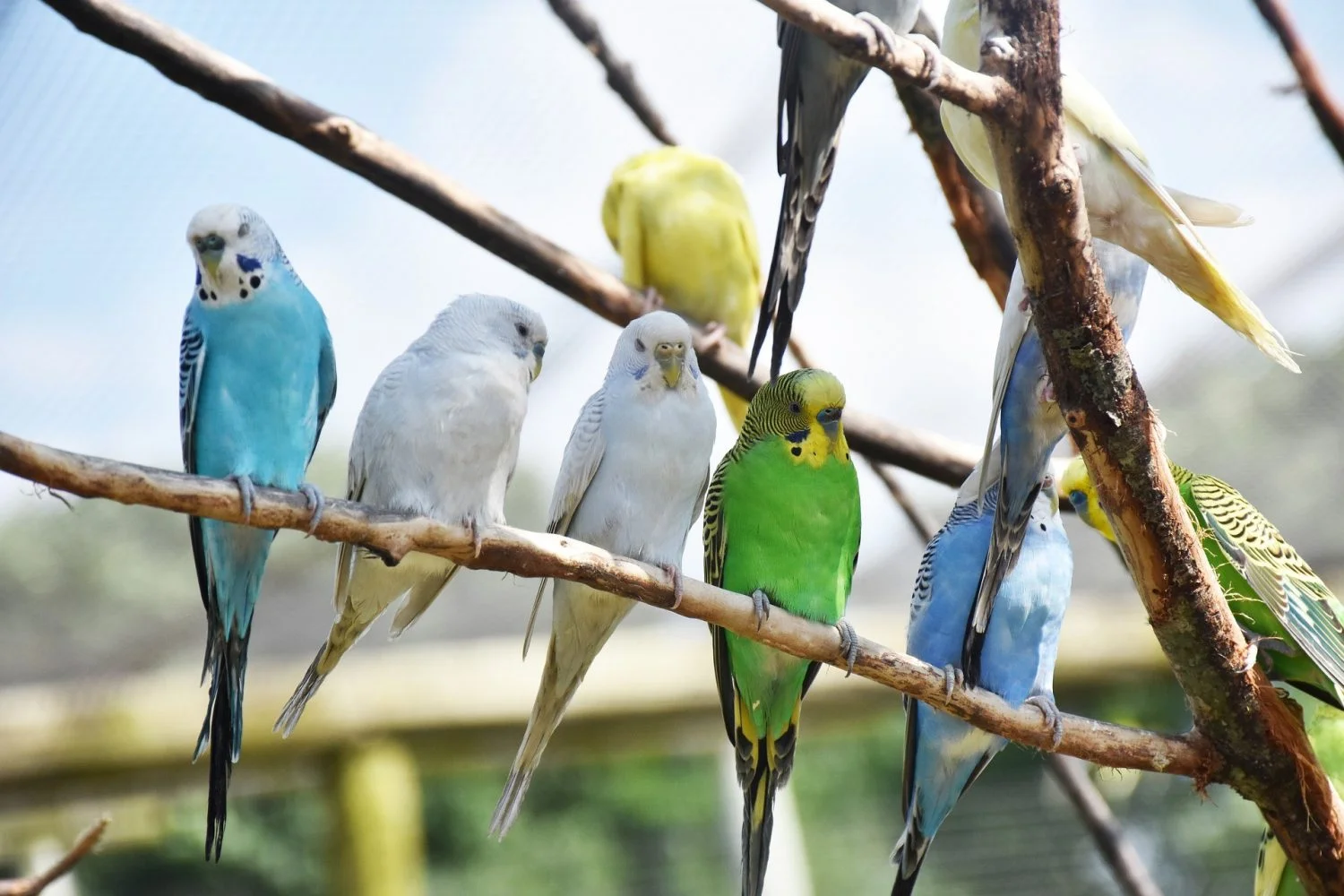There are plenty of well documented scientific reasons as to why many of us find it difficult picking up a second language. It can be frustrating when you are trying to find the words to string a sentence together, only to be met with the befuddled face of the person you are trying to communicate with. The most innocent sentences can turn lurid with the slightest mistake and the results can be met with nothing but embarrassment. Although, we think it is important to embrace mistakes as learning opportunities, you should be aware of some of the most common ones and avoid them if possible to spare yourself at least some humiliation.
It’s important to make mistakes because that is how we learn. It is one of the reasons why kids are able to pick up languages so fast, they don’t care about making messing up! As adults, we tend to take ourselves a bit more seriously and this can really slow down progress. Laughing at your mistakes can make them memorable and part of the joy of acquiring a new language.
English speakers have a lot to look out for when it comes to speaking Spanish. This is because of the similarities in vocabulary we have a lot of very similar looking words that mean the same (vocabulary = vocabulario) but you have to be careful because a lot of the time this can lead to some major miscommunication. There are plenty of examples of this out there on the blogosphere but it would be like saying “estoy embarazada”, as in English “I am embarrassed,” which seems right, but what you are really saying is “I am pregnant”.
Interference from our native language can also create disjointed or altogether wrong sentences. Communicating feelings, for example, in Spanish requires a structure that doesn’t really exist in English so impossible to understand if you translate literally. To say something as simple as, how old you are can be surprisingly different. In Spanish, instead of using the verb “are” as in, I am 30 years old, you have to literally say I have 30 years, “tengo 30 años”. You can find a lot more on these types of mistakes here.
Nothing beats having a teacher who you can feel confident with and will correct your mistakes. At Jaleo Madrid our teachers promise to laugh with you, not at you.





